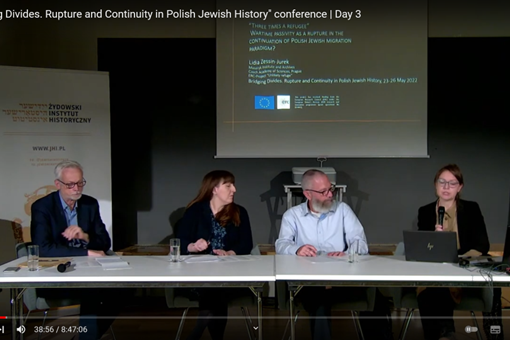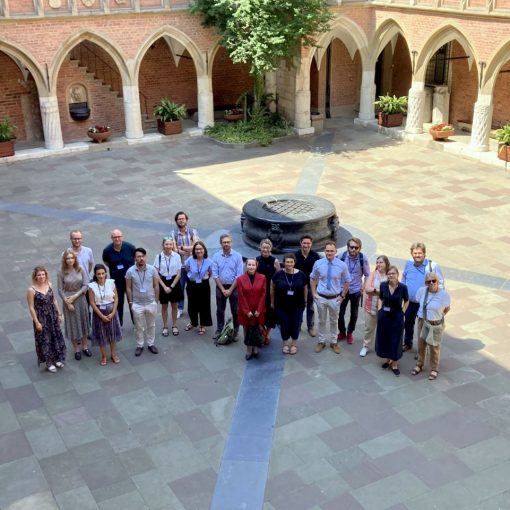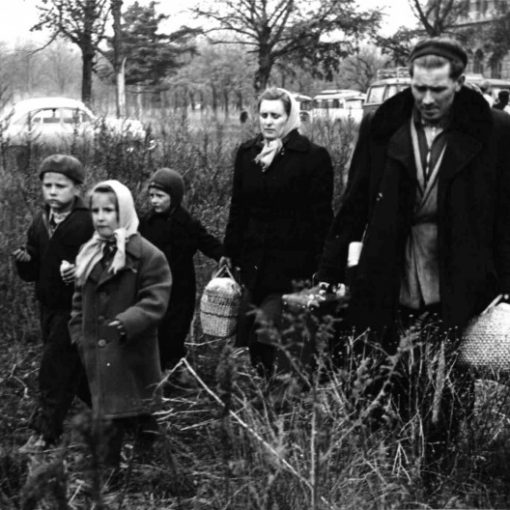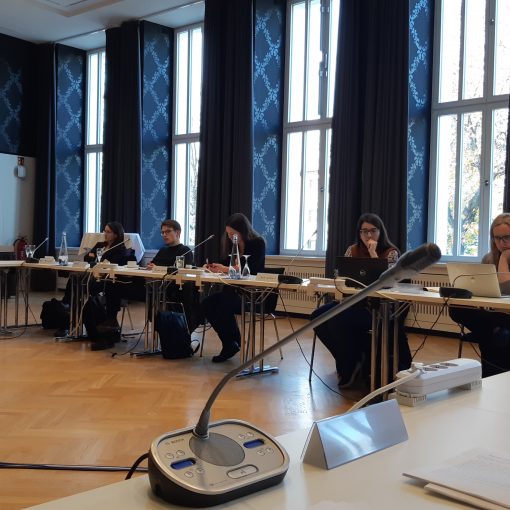Nikola Tohma published her article entitled “The Role of Martyrdom and Victimhood in the Memory of the Greek Civil War Refugees in Czechoslovakia through the Prism of ‘Refugee’ Literature” as part of a special issue of the Journal of Modern European History on Mass Atrocities in Southeast Europe, edited by Kateřina Králová and Sabina Ferhadbegović.
This article focusses on the narratives of collective victimhood and martyrdom in the memories of refugees from the Greek Civil War (GCW, 1946–1949) to post-1948 communist Czechoslovakia (later, the Czech Republic). It analyses literary production by refugees, that is, ego-documents, popular history books and fiction, assessing refugees’ motivations in writing their own histories. It investigates the role of collective victimhood and its effect on the diaspora’s identity, its aims and its functions. It determines that the narratives of martyrdom were an early representation by GCW refugees to portray themselves as heroic partisans and anti-fascist fighters and gain the high ground on the moral side of the conflict. Such perceptions, however, have in some cases persisted among communist-oriented authors to this day. This article distinguishes them from more personal expressions of collective victimhood, allowing for a plurality of interpretations of their refugee experience as well as a greater variety of motivations for capturing it in written form for a broader audience. This study aims to show how fluid and permeable these narratives of collective victimhood have been and how fundamentally they have affected the constitution of the GCW diaspora’s identity.



